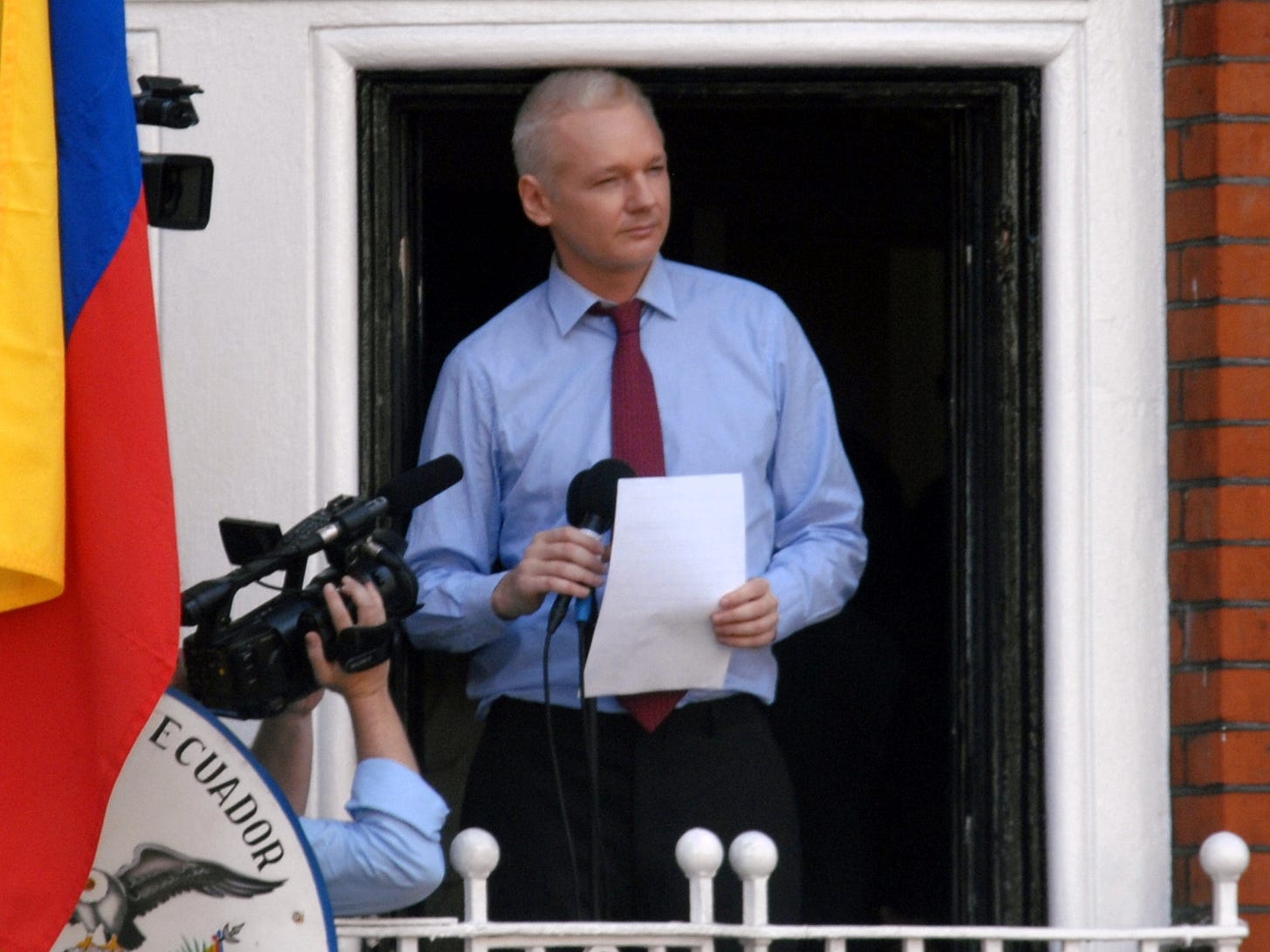Assange: the defence arguments
Legal team claim the US extradition request is "political"
An organisation called Bridges for Media Freedom has circulated the skeleton arguments that Julian Assange’s legal team are using in the extradition hearing that started today.
Part one of the document is here and part two is here.

The defence team, headed by Edward Fitzgerald QC, argue that the extradition proceedings amounts to an abuse of process in th…
Keep reading with a 7-day free trial
Subscribe to A Lawyer Writes to keep reading this post and get 7 days of free access to the full post archives.

